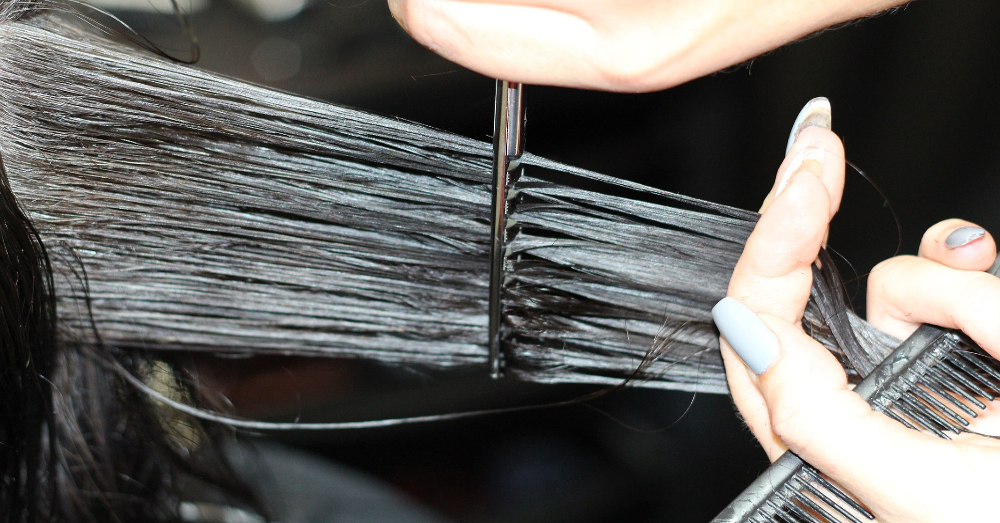
The FDA Needs More Power to Regulate Toxic Chemicals in Cosmetics
Earlier this year a group of more than a dozen health advocacy groups and individuals petitioned the U.S. Food and Drug Administration to ban lead acetate from hair dyes. The compound, a suspected neurotoxin, is found in many hair products—Grecian Formula, for example. Lead acetate has been outlawed for nearly a decade in Canada and Europe. Studies show it is readily absorbed through the skin and can cause toxic levels of lead to accumulate in the blood.
November 1, 2017 | Source: Scientific American | by
Laws need to change to allow the FDA to protect people
Earlier this year a group of more than a dozen health advocacy groups and individuals petitioned the U.S. Food and Drug Administration to ban lead acetate from hair dyes. The compound, a suspected neurotoxin, is found in many hair products—Grecian Formula, for example. Lead acetate has been outlawed for nearly a decade in Canada and Europe. Studies show it is readily absorbed through the skin and can cause toxic levels of lead to accumulate in the blood.
How is it possible that this chemical is still being sold to U.S. consumers in cosmetic products? The main reason is that petitions such as the one calling out lead acetate are one of the few ways, under current law, that the agency charged with ensuring food, drug and cosmetic safety can even start to limit dangerous chemicals used on our faces and in our bodies. We need to do better.
